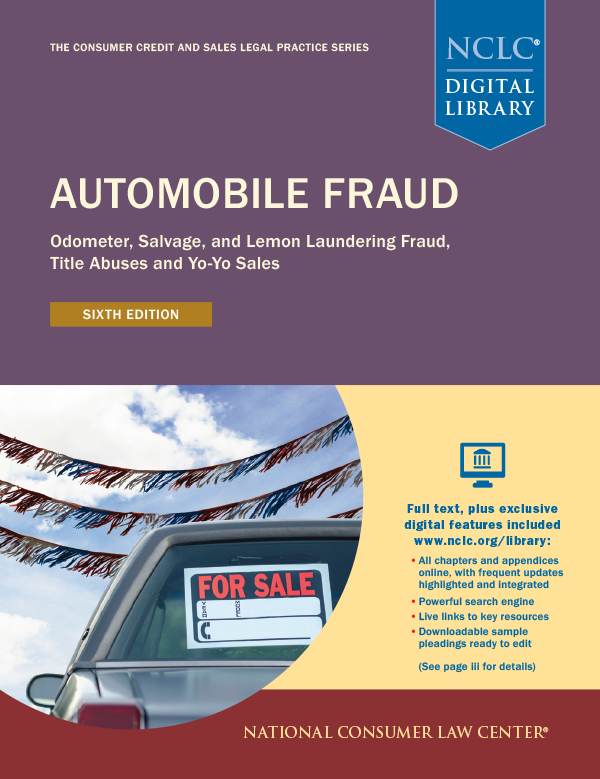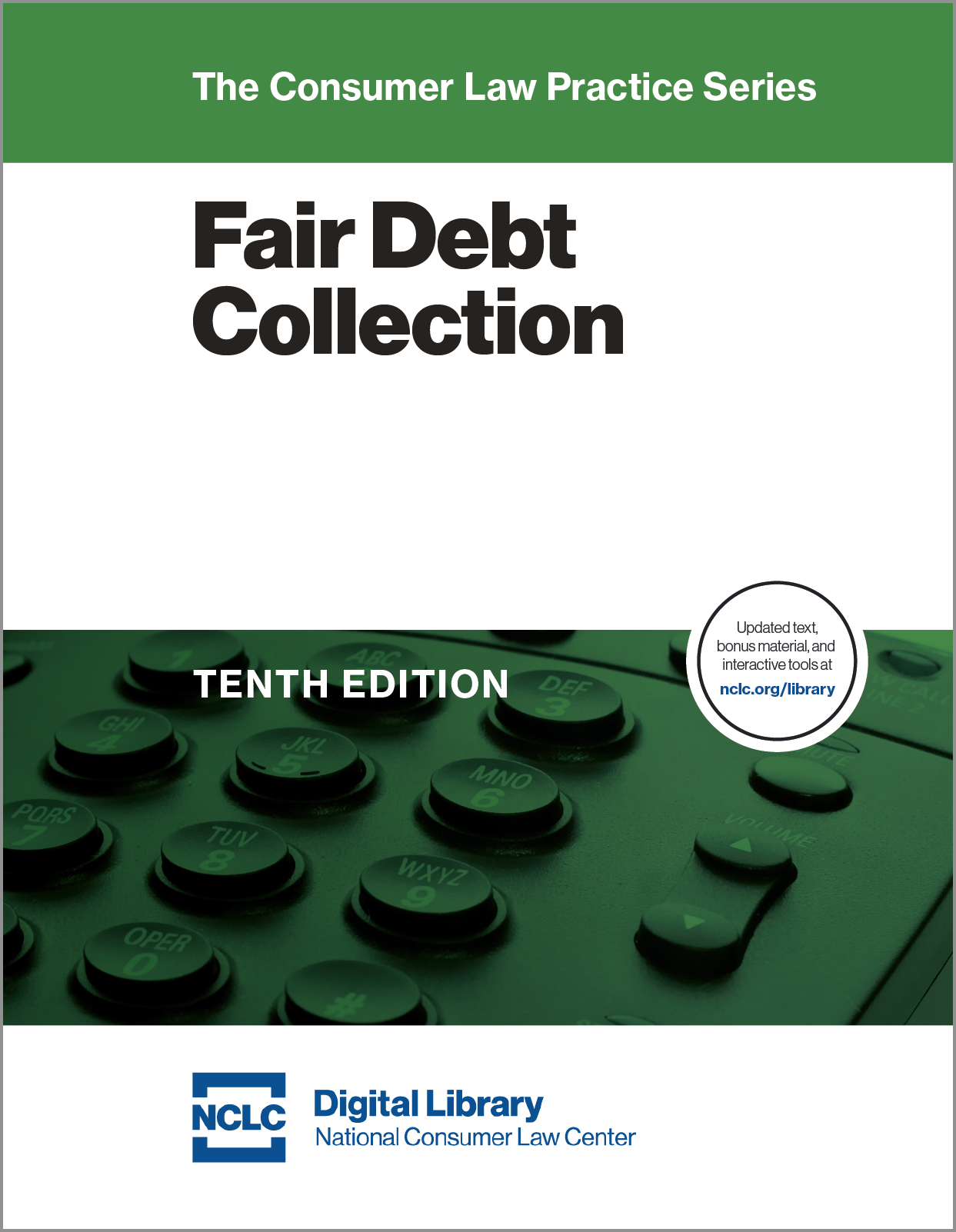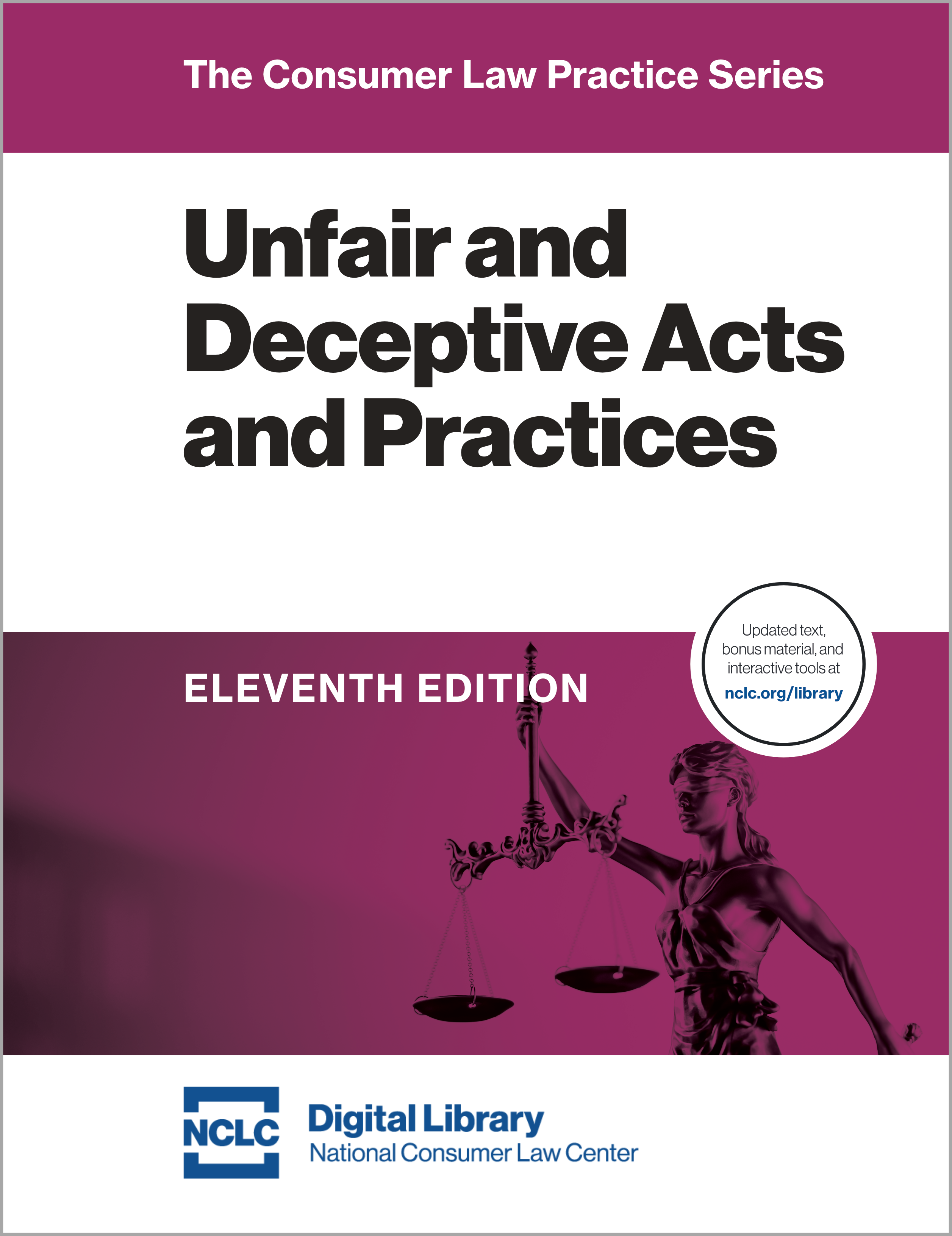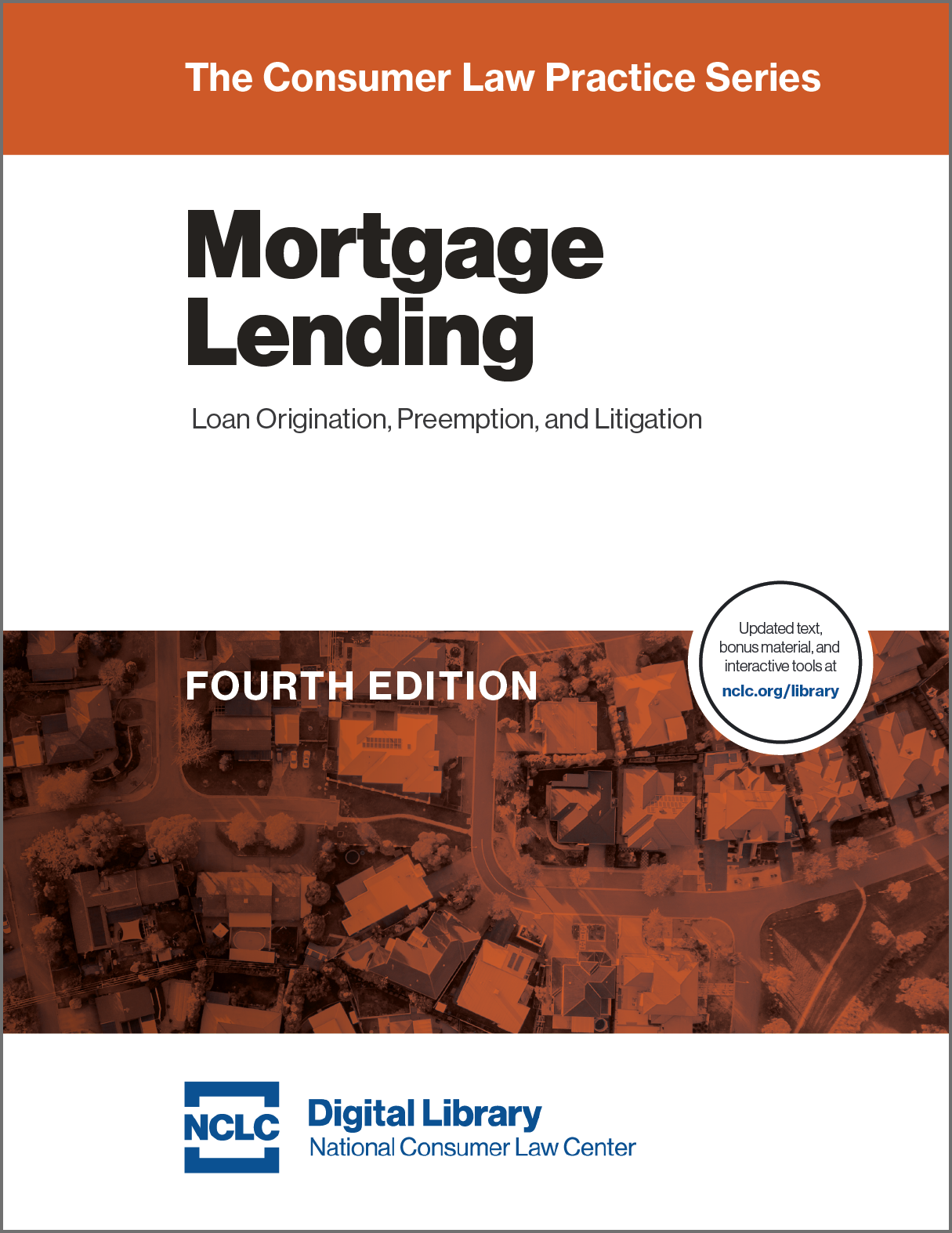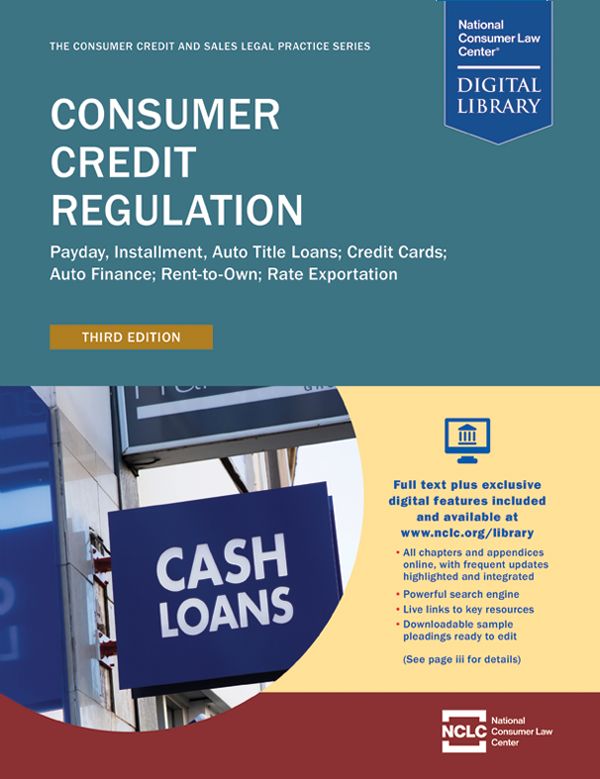Search
Courts in 2019 Reshape the TCPA in 8 Ways—Mostly to the Good
How to Protect Wages and Benefits from Creditors
Impact of ACA International, Other New TCPA Circuit Court Rulings on Calls and Texts to Cellphones
Groundbreaking New Ninth Circuit TCPA Decision on Autodialers
The Latest Practice Tips for TCPA Litigation Involving Robocalls and Junk Faxes
The Latest TCPA Decisions on Robocalls
The TCPA Year in Review: New Precedent re Challenges to Unwanted Calls, Texts, & Faxes
2017 saw hundreds of new decisions and FCC actions interpreting the Telephone Consumer Protection Act (TCPA), which provides significant statutory damages for unwanted calls, texts, and faxes. This article outlines the areas where there has been the most significant case law and FCC activity in 2017. All links are to NCLC’s Federal Deception Law Chapter 6—a detailed analysis of all significant TCPA decisions and FCC actions, updated digitally in February 2018.
Wage Garnishments and Bank Account Seizures: Consumer Debt Advice from NCLC
What Every FDCPA Practitioner Needs to Know About Spokeo
Supreme Court Applies TCPA to Text Messages, Affirms FCC’s Vicarious Liability Principles
On Tuesday, January 20, 2016, in Campbell-Ewald Co. v. Gomez, ___ U.S. ___, 2016 WL 228345 (Jan. 20, 2016), the Supreme Court held that an unaccepted Rule 68 offer did not moot a TCPA class action. (A separate article will discuss the Rule 68 holding.) The decision includes several important TCPA holdings as well. Chapter 6 of NCLC’s Federal Deception Law (2d ed.
Supreme Court Rules on Robocallers
Ten Tips on Winning Spokeo Challenges in FDCPA Litigation
Ninth Circuit Limits National Banks’ Free Pass to Flout State Law
Protecting Wages, Benefits, and Bank Accounts from Judgment Creditors
Motor Vehicle Repossessions: Consumer Debt Advice from NCLC
Image
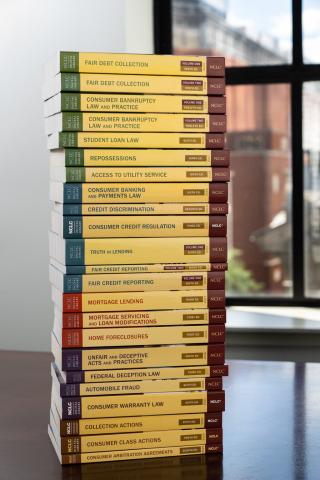
Practice Implications of June 25 Supreme Court Ramirez Decision
The Supreme Court’s June 25 Ramirez decision reshapes constitutional standing for federal court FCRA, FDCPA, TILA, TCPA, RESPA and other individual and class cases based on consumer statutes. This article details Ramirez’s practice implications for varied types of consumer injury, provides pleading and proof tips, and explains how initiating a case in state court may alleviate standing problems.
Starting July 15: Protecting the Monthly Child Tax Credit Payments from Creditors
Starting July 15, families will receive each month an advance child tax credit up to $300 per child per month. This article examines existing consumer protections to safeguard payments from judgment creditors’ bank account garnishment and from the United States’ intercept to repay defaulted federal student loans. The article also considers tactics to protect paper check payments from garnishment.
Image

Protecting Federal Claims by Using State Courts
This article describes advantages and tactics in bringing federal consumer claims in state court, in response to Supreme Court decisions that narrow federal court standing requirements under Article III of the Constitution. Also detailed are a just-updated state-by-state analysis of state court standing rules, analysis why federal court standing requirements do not apply to federal claims in state courts, and a summary of advantages of litigating federal claims in state courts.
Image
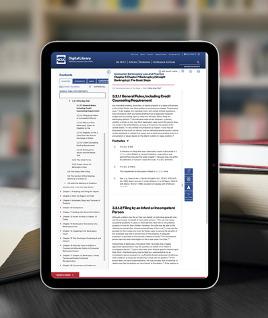
Our Five Favorite New Features on NCLC’s Revamped and Enhanced Digital Library
Here are our five favorite new features on the revamped NCLC Digital Library, giving you a faster, easier reading experience, letting you view extra content related to the page you are viewing, adding powerful new search options, offering at no charge over 1400 written submissions at NCLC conferences, and including free to the public 6000 chapter and appendix subsections.
